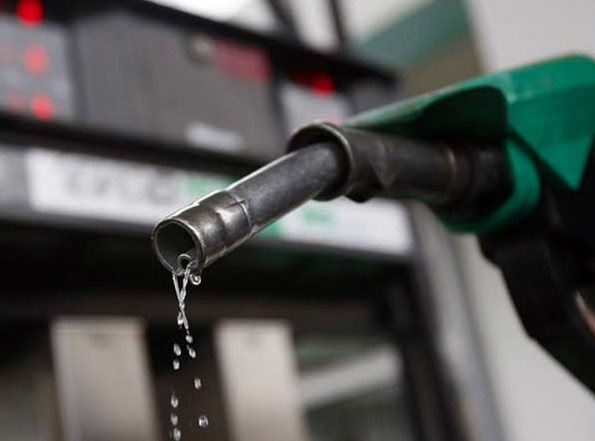Symptoms and Solutions of water in your car’s gas tank
The presence of water in the gas/fuel tank can degrade the engine’s performance by severely affecting the other parts like fuel pipeline and its injectors. Moreover, if timely attention is not paid to the problem, then it might eventually damage the car’s engine in the long run. That’s why it is essential to locate the water in gas tank symptoms and take the necessary maintenance steps that can save the engine from getting damaged.
Mentioned below are a few symptoms that you will notice when there is water in the car’s gas tank-
Engine Fails To Start
Presence of water in the fuel tank causes inefficient combustion due to which the engine refuses to start! If the engine is warm enough, the water might get vaporised, and the power plant will start up even if it requires extended cranking. However, if the engine is cold, there is no chance of the engine getting started.
Unexpected Engine Stalling
This is common in cars with diesel engines. Water, unlike fuel, can’t be compressed with efficiency in the engine. Due to poor compression, there is inefficient or no combustion at all. However, it is known that if there is no combustion occurring, the engine will just stop functioning.
Low Power And Mileage
The presence of water content in the engine reduces the combustion efficiency considerably. This results in a noticeable drop in both power and mileage.
Steam Coming Out Of The Exhaust
If combustion does happen inside the engine, the water will vaporize eventually, while you keep on trying to start the car. The steam formed will escape out through the exhaust pipe. You can also notice water dripping down from the exhaust due to condensation.
Judders While Accelerating
There are chances of misfires if the engine is fed with more water rather than fuel. This results in lagging power delivery and declining accelerator. Also, you will have to apply extra throttle pedal input than usual.
However, if you want to curb these problems and keep your engine healthy and going, then follow these simple solutions to eradicate them-
Fuel Additives
Adding methanol-based additives in the fuel tank will enable the dilution of fuel with water. However, this only works if the amount of water present is proportionally less as compared to fuel. Additives such as Heet, Liqui Moly, and Hydroburn G does the job well!
New Fuel Filters
Fuel filters prevent water from entering the engine to a certain extent. Although, once the water content gets stuck inside the filter body, the filtration efficiency minimizes. Hence, it is essential to replace the fuel filter in a defined interval.
‘Rubbing Alcohol’
Rubbing alcohol is a chemical, which can sink to the bottom of the gas tank and absorb the water contaminant. Eventually, this mixture will enter into the engine and get combusted. However, it should only be performed by skilled mechanics.
All the points mentioned above will only be valid when water is present in the fuel tank in a high proportion. However, fuel filters can prevent a small portion of water from getting into the fuel lines. Even if a small amount of water manages to go inside the engine, it will be vaporized instantly. On the other hand, if water content in the fuel tank is proportionally high, the problems would spring up, and it is always the best step to leave them to the experts.
A car-related problem can cause you a big hole in your savings. Hence, it is advisable to cover your car with a comprehensive car insurance policy that takes care of all your car-related difficulties. All the more, a car insurance policy does more than just saving you few bucks. It also offers you peace of mind.













